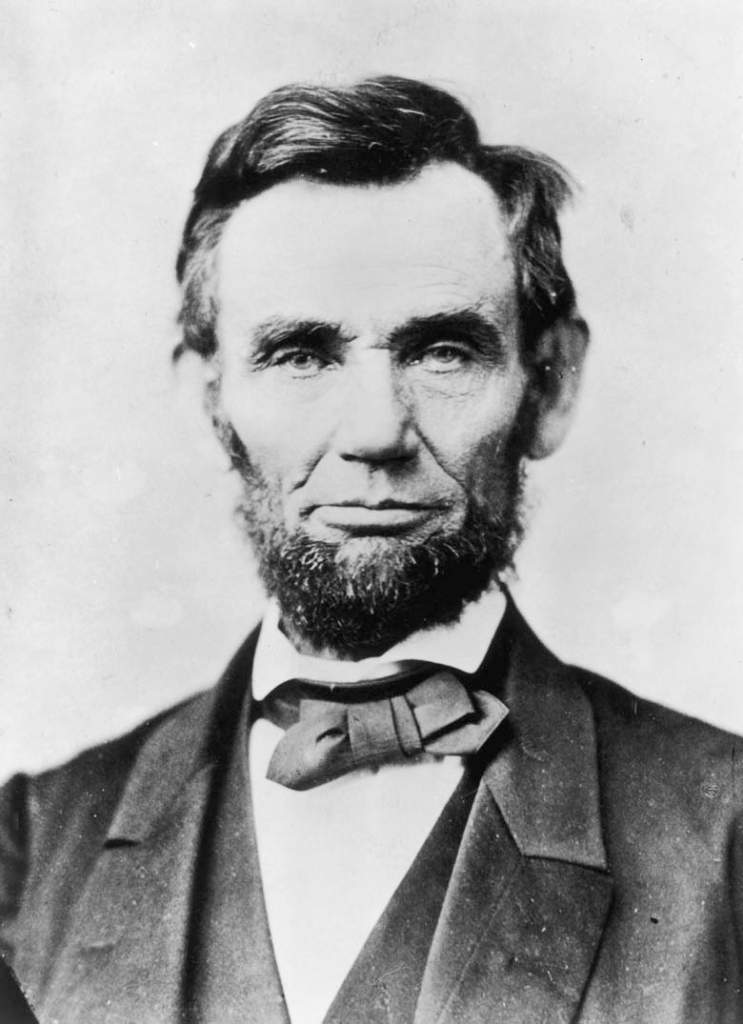Abraham Lincoln, 1861:
“We are not enemies, but friends. We must not be enemies. Though passion may have strained, it must not break our bonds of affection. The mystic chords of memory, stretching from every battlefield and patriot grave to every living heart and hearthstone all over this broad land, will yet swell the chorus of the Union, when again touched, as surely they will be, by the better angels of our nature."
The new president was, of course, dealing with a bloody and divisive Civil War that threatened to tear the nation apart at its seams. However, his words stand true today in a world of corrosive politics.
Much of his speech dealt with unity: "Why should there not be a patient confidence in the ultimate justice of the people? Is there any better or equal hope in the world? In our present differences, is either party without faith of being in the right? If the Almighty Ruler of Nations, with His eternal truth and justice, be on your side of the North, or on yours of the South, that truth and that justice will surely prevail by the judgment of this great tribunal of the American people."
According to Bartleby.com, the Inauguration was surrounded by tension. "Jefferson Davis had been inaugurated as the President of the Confederacy two weeks earlier. The former Illinois Congressman had arrived in Washington by a secret route to avoid danger, and his movements were guarded by General Winfield Scott's soldiers," the site notes.
However, the address is controversial because of what Lincoln said about slavery. As the blog Civil War Emancipation puts it, "...early on, Lincoln plainly brings up slavery and reiterates his promise of non-interference with the institution. An important purpose of the speech was to reassure the slave states he intended them no harm and doing so meant reassuring them about the security of their most basic institution under his administration."
Lincoln referenced a legal provision about turning over freed slaves, and said, 'It is scarcely questioned that this provision was intended by those who made it for the reclaiming of what we call fugitive slaves; and the intention of the lawgiver is the law. All members of Congress swear their support to the whole Constitution—to this provision as much as to any other. To the proposition, then, that slaves whose cases come within the terms of this clause "shall be delivered up" their oaths are unanimous. Now, if they would make the effort in good temper, could they not with nearly equal unanimity frame and pass a law by means of which to keep good that unanimous oath?"(Getty)
